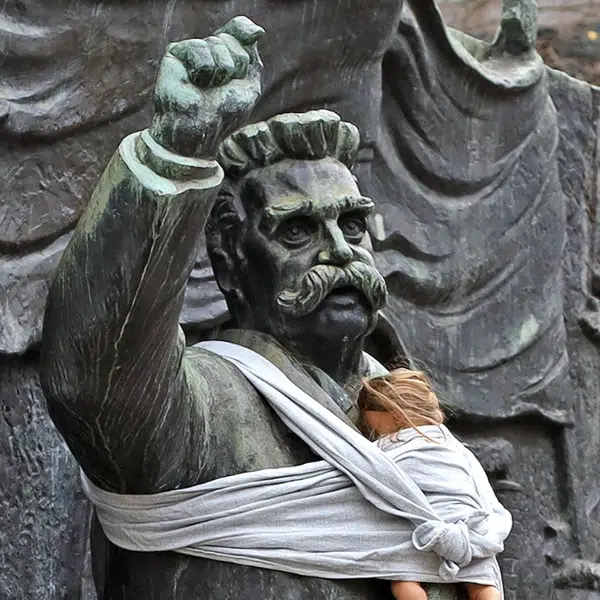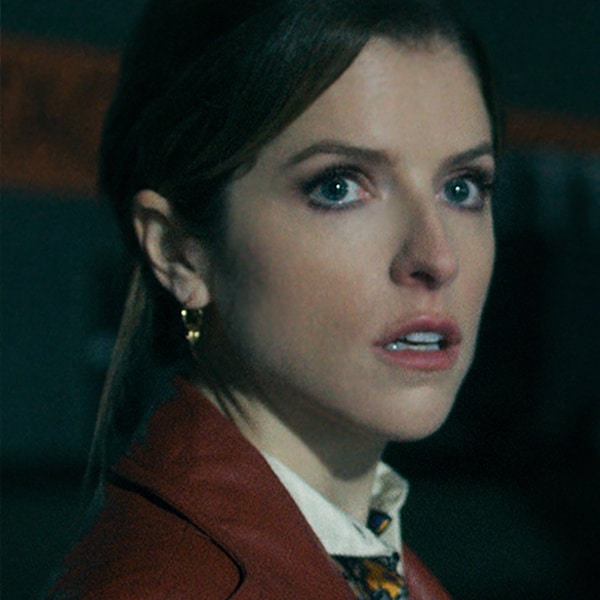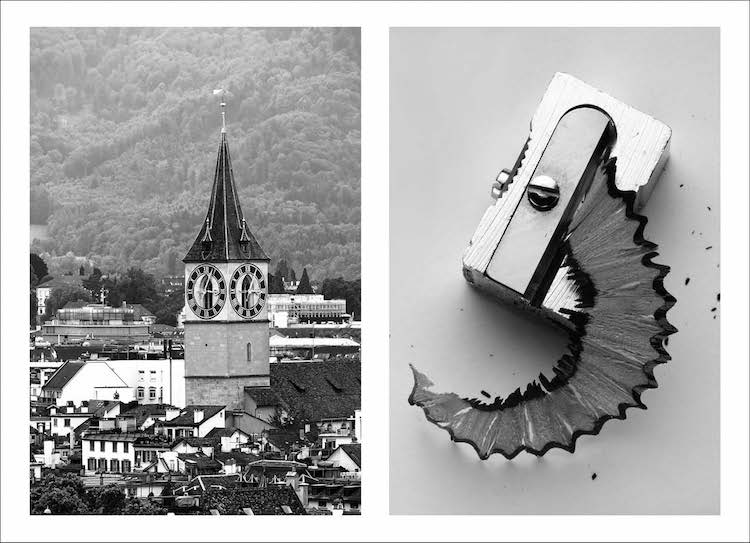
When flipping through the pages of Photographic Treatment © by Laurence Aëgerter, a reader is greeted with spreads pairing two seemingly unrelated images. It's upon further examination and thinking that they have a connection—but what is it? There's no wrong or right answer to this question, and that's the point of the exercise. Photographic Treatment © is primarily geared towards dementia patients as a cognitive tool that exercises their minds, while at the same time captivates them with alluring image combinations.
Aëgerter spent more than a year and a half consulting with experts in the fields of neurology, gerontology, and psychology to create the series of five slim books. Each contains 30 pairs of uncaptioned images that invite readers to imagine how the two correspond to one another. Some feature portraits of people, while other spreads are of animals or distant locales. In one pairing, a figure skating couple sits opposite a snow-covered mountain. Another positions a wide-eyed owl next to a girl wearing a hijab. The dementia patient is supposed to look at these spreads (and others in Photographic Treatment ©) with a caretaker who prompts them using open-ended questions, allowing the patient to think creatively about what they’re seeing. They will not only enjoy the images but engage in free-associative thoughts and possibly lead them to reminisce about their past.
Aëgerter created Photographic Treatment © as a way, in part, to improve patients’ lives with the power of images. “It is really a trigger for their fantasy because their world becomes so small in this care environment—very protected, without any surprise, and totally dull,” she explains. “People are sometimes treated too much like children. I thought, ‘What about triggering the mind, but in a way that’s less confronting?’ This project really leaves people in their own value, and there is no quiz, and there is no shame to have about not remembering. Just pleasure with images.”
Laurence Aëgerter created a form of dementia therapy for people suffering from its memory loss symptoms called Photographic Treatment ©.


Pairing unlikely images, she encourages patients to find comparisons between them.
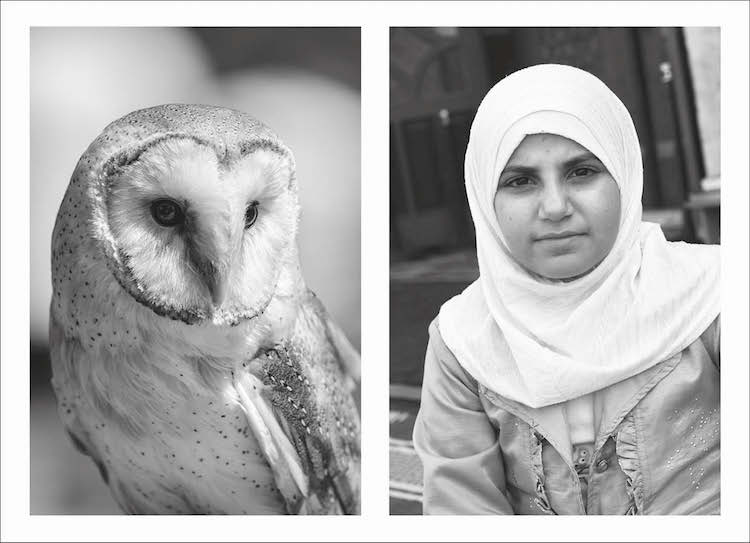
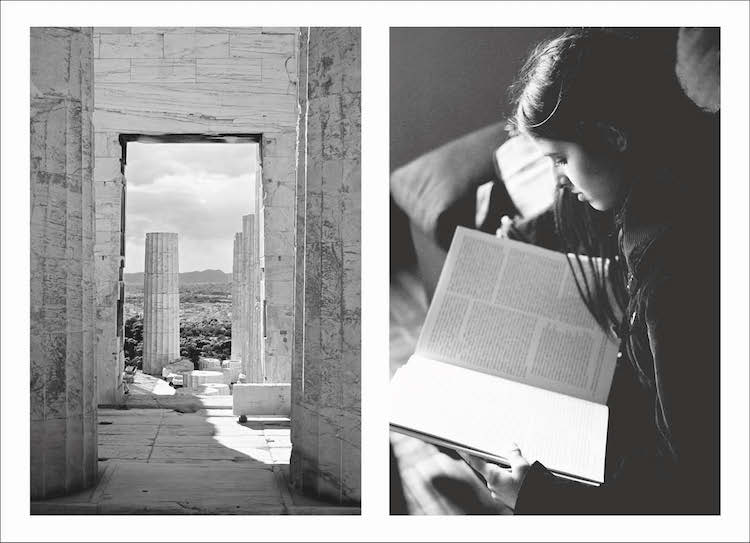
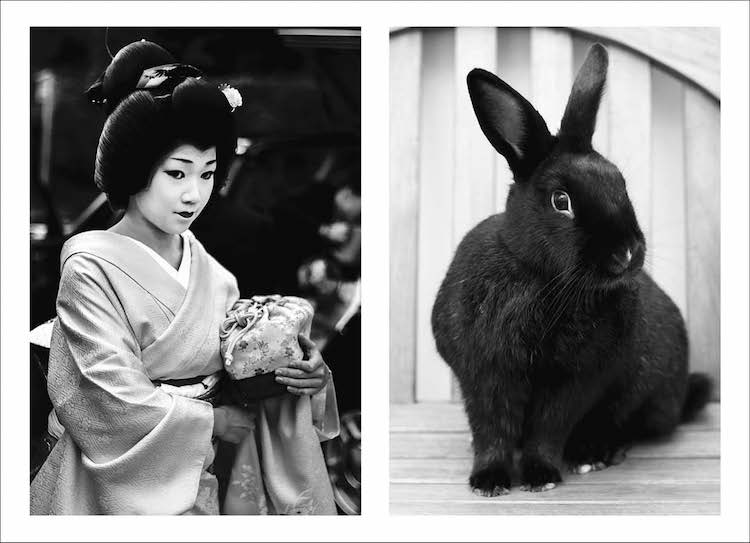
It fosters creative thinking.
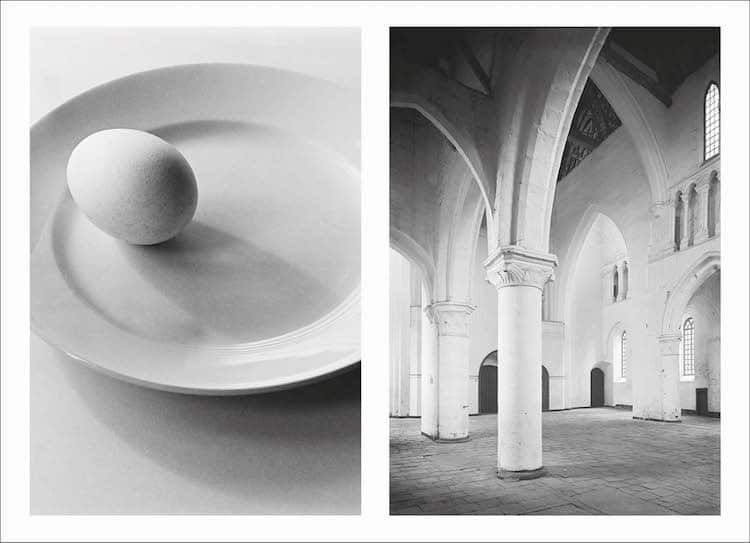
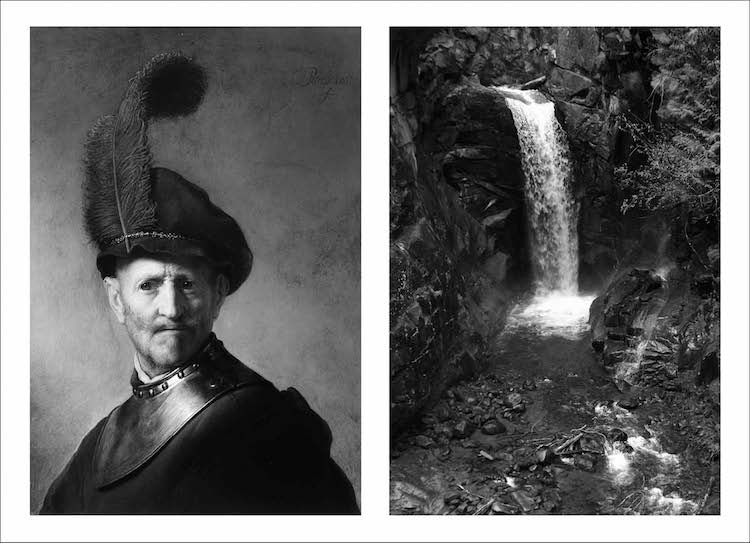
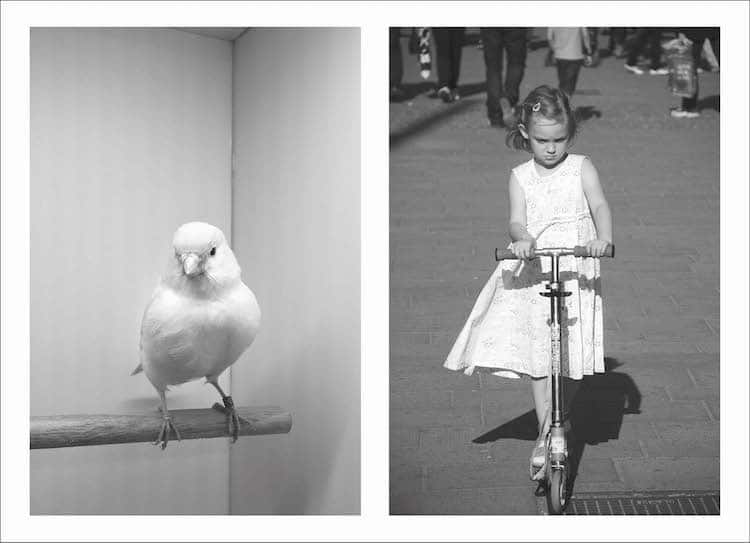
Photographic Treatment is now in some facilities where caretakers can go through the book with their patients.
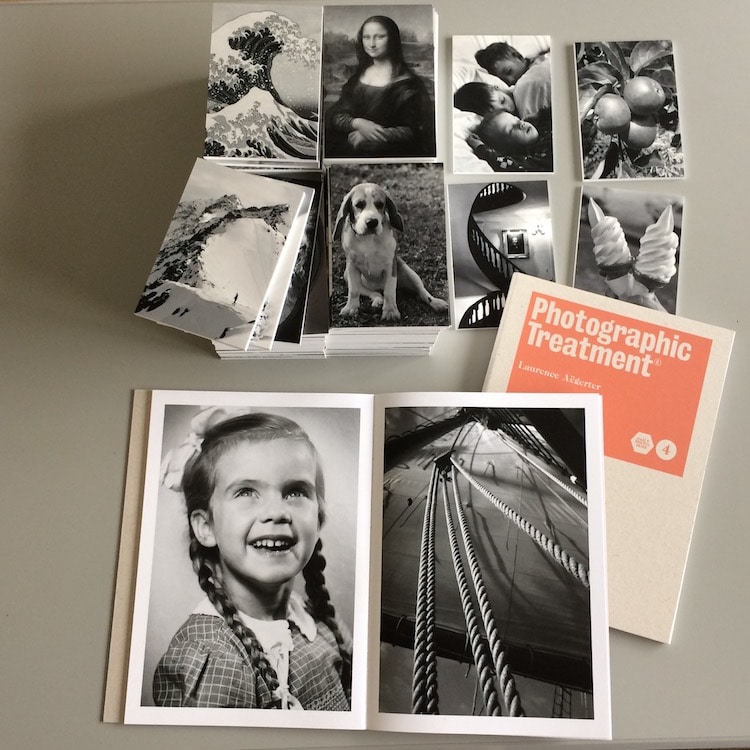
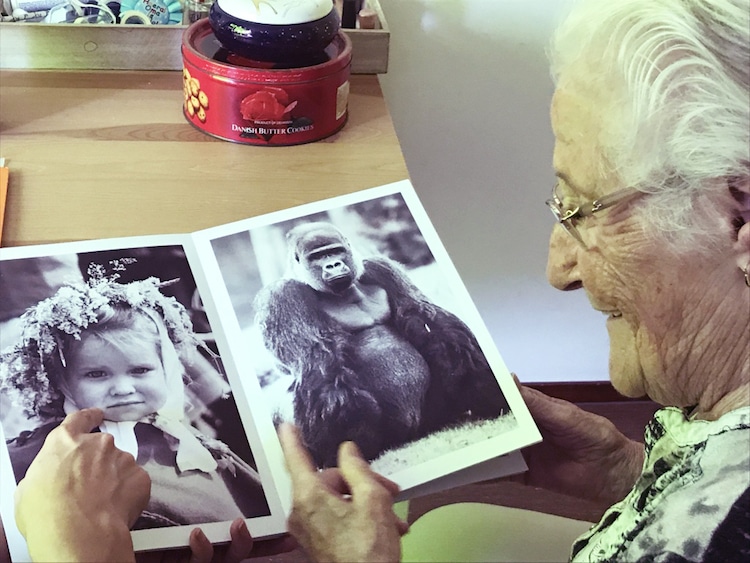
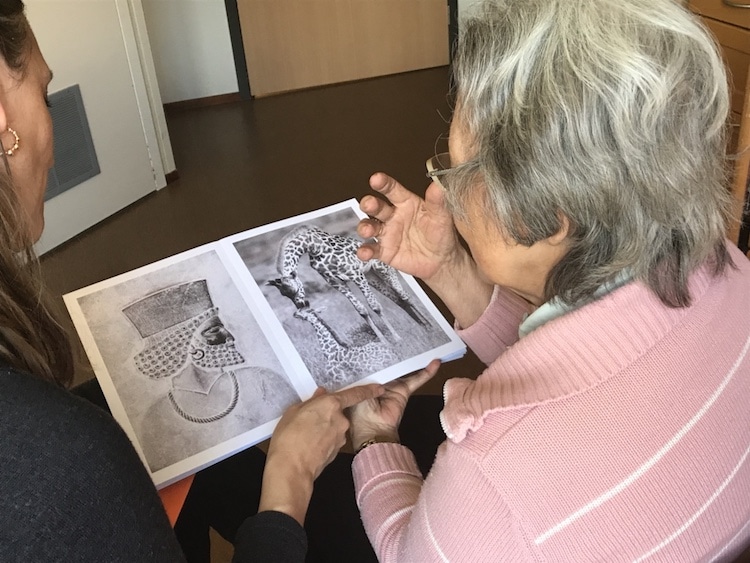
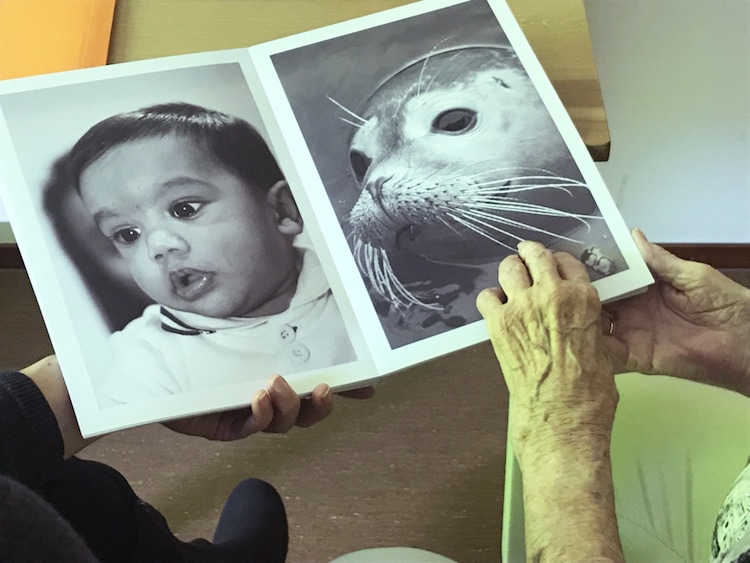
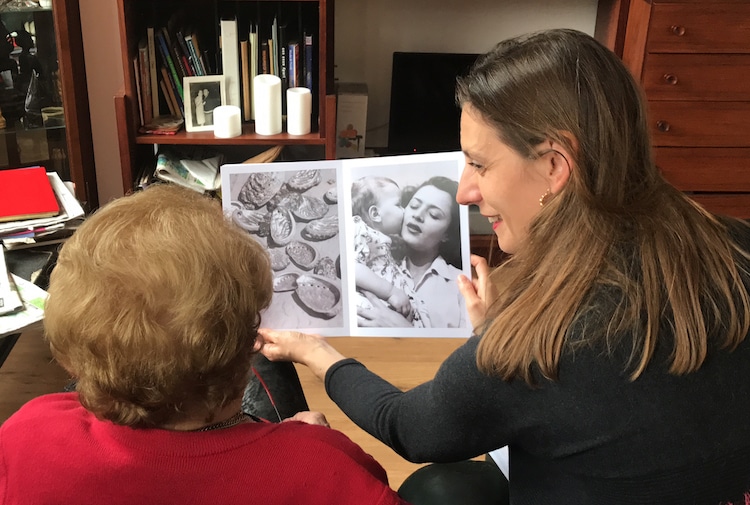
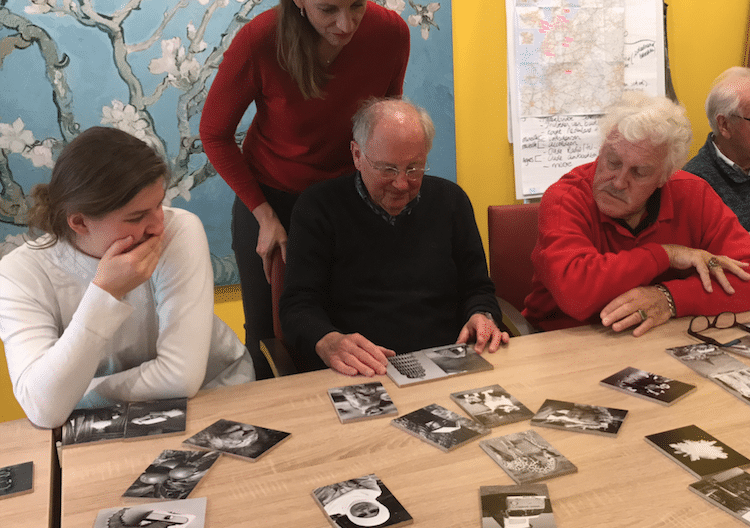
Photographic Treatment ©: Website
Laurence Aëgerter: Website
My Modern Met granted permission to use photos by Laurence Aëgerter.
Related Articles:
Elderly Widower Finds a Fishing Partner After Posting a Tearjerking Classified Ad
4-Year-Old and Sweet Elderly Man Form a Heartwarming Friendship
Kind Elderly Stranger Teaches Young Man How to Tie Necktie in Train Station
Devoted Daughter Takes Her Elderly, Wheelchair-Bound Mother on a Trip to See the World

















































































